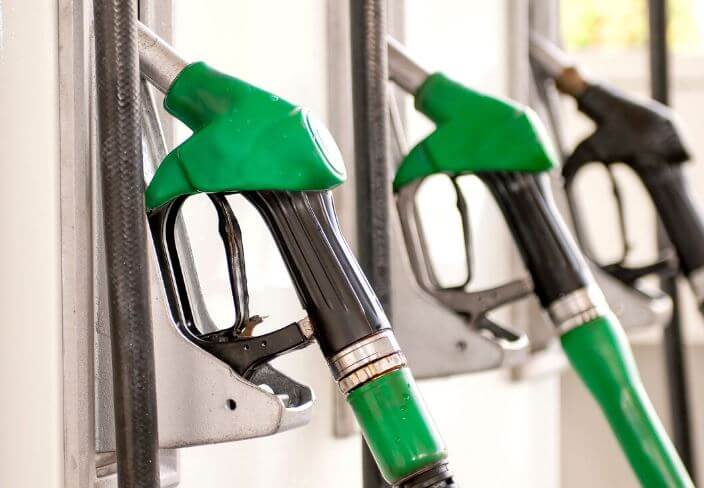Most Popular Fuels Types Used For Vehicles in India

India is a country with a diverse range of fuel options for vehicles. With a large population and growing transportation needs, it is essential to have access to different types of fuels that are both efficient and affordable.
This blog by the experts of one of the Tata Motors Dealers in Delhi will take you to the detailed explanation –
Petrol
Petrol is the most commonly used fuel for vehicles in India. It is a fossil fuel made from crude oil and is widely available at petrol stations across the country. Petrol is popular because it is relatively inexpensive, and most vehicles are designed to run on it. It also provides good performance and is suitable for both city and highway driving.
However, petrol has its drawbacks. It is a non-renewable resource and is harmful to the environment. It produces carbon dioxide and other pollutants that contribute to air pollution and global warming. In addition, petrol prices can be volatile and can fluctuate depending on global oil prices.
Also visit site, https://inshopsolution.com/
Diesel
Diesel is another popular fuel option for vehicles in India. It is a petroleum-based fuel that is widely used in commercial vehicles such as trucks and buses. Diesel provides better fuel economy than petrol and is therefore more cost-effective for high-mileage vehicles.
Not just this, diesel also has its drawbacks. It produces more emissions than petrol and can contribute to air pollution. Diesel vehicles also tend to be noisier and less refined than petrol vehicles, which can make for a less comfortable driving experience.
Compressed Natural Gas (CNG)
Compressed natural gas, or CNG, is a cleaner and more affordable alternative to petrol and diesel. CNG is a fossil fuel that is made from compressed natural gas, which is mainly composed of methane. CNG vehicles produce fewer emissions than petrol and diesel vehicles and are therefore better for the environment.
It is also more affordable than petrol and diesel, which makes Tata Motors Commercial Vehicles Price in Gurgaon attractive option for cost-conscious consumers. However, CNG vehicles require specialized fuelling stations, which can be limited in some areas. CNG vehicles also have a lower range than petrol or diesel vehicles and may require more frequent refuelling.
Liquefied Petroleum Gas (LPG)
Liquefied petroleum gas, or LPG, is another alternative fuel option for vehicles in India. LPG is a mixture of propane and butane and is stored in liquid form in pressurized tanks. LPG vehicles produce fewer emissions than petrol and diesel vehicles and are therefore better for the environment.
It is also more affordable than petrol and diesel, which makes it an attractive option for cost-conscious consumers. However, LPG vehicles require specialized refuelling stations, which can be limited in some areas. LPG vehicles also have a lower range than petrol or diesel vehicles and may require more frequent refuelling.
Electric
Electric vehicles (EVs) are a relatively new and emerging technology in India. EVs use electricity to power an electric motor and do not produce emissions. EVs are therefore the most environmentally friendly option for vehicles.
In fact, EVs are still relatively expensive and have a limited range compared to petrol or diesel vehicles. They also require specialized charging infrastructure, which can be limited in some areas. If you want to know more about electric vehicle read this article
Final Words
There are several different types of fuels used in vehicles in India, each with its own benefits and drawbacks. Petrol and diesel are the most commonly used fuels, but CNG, LPG, and electric vehicles are becoming more popular as consumers seek more affordable and environmentally friendly options. It is important to consider the fuel options when buying a vehicle to ensure that it is both cost-effective and eco-friendly.




